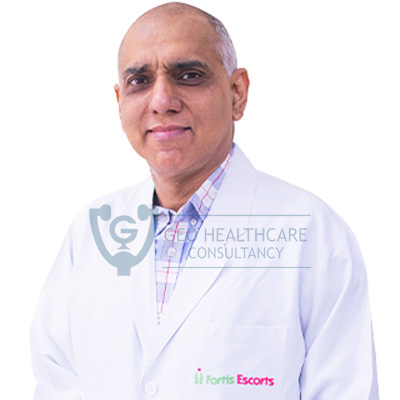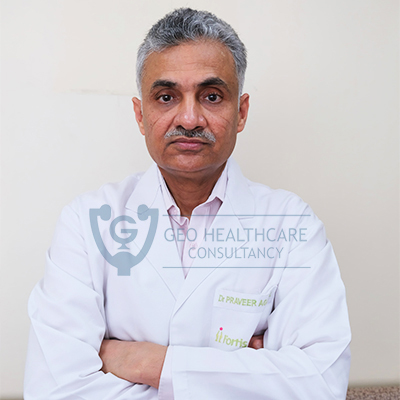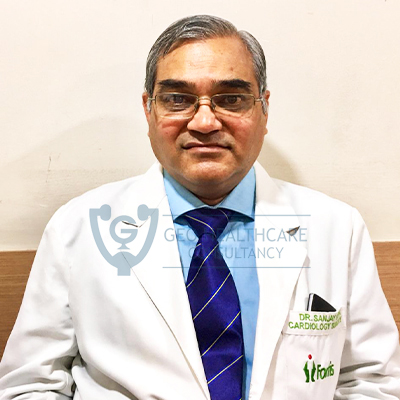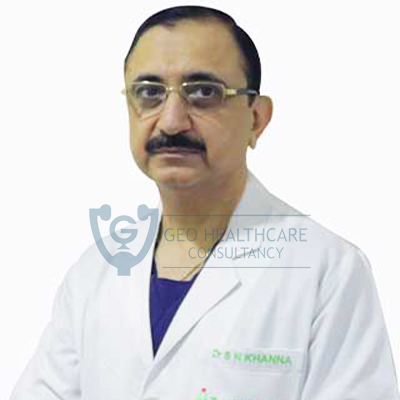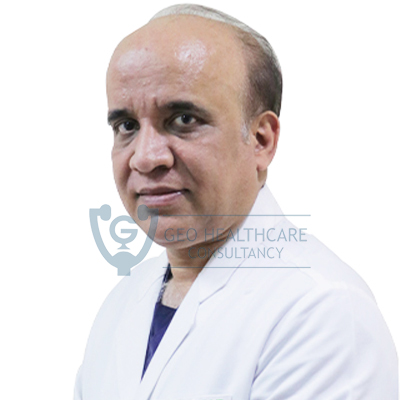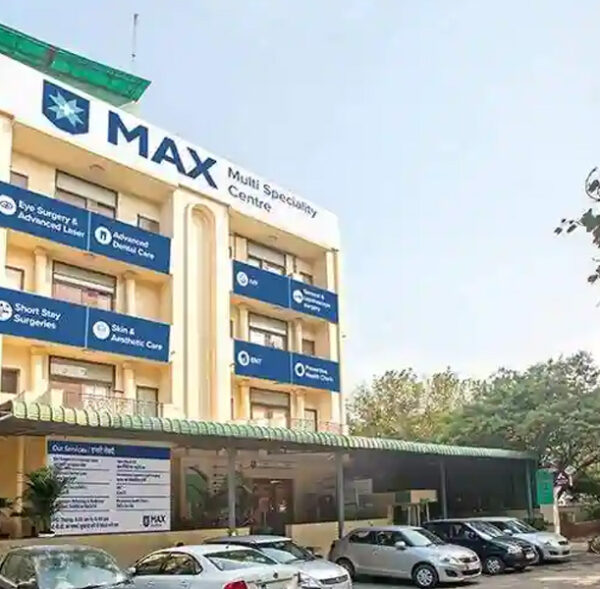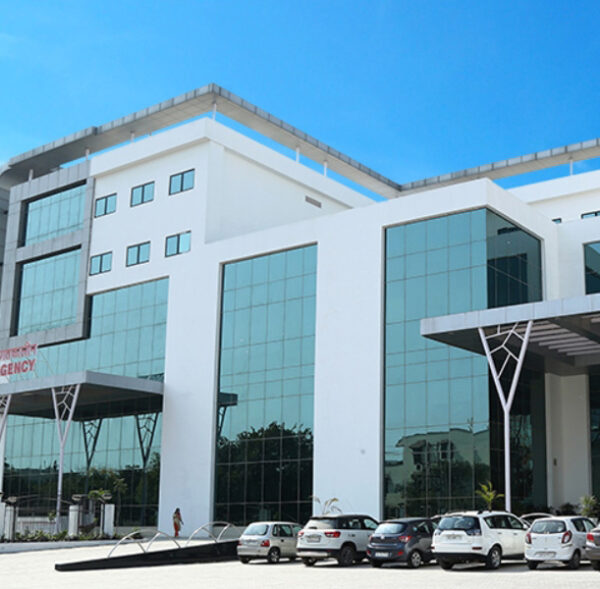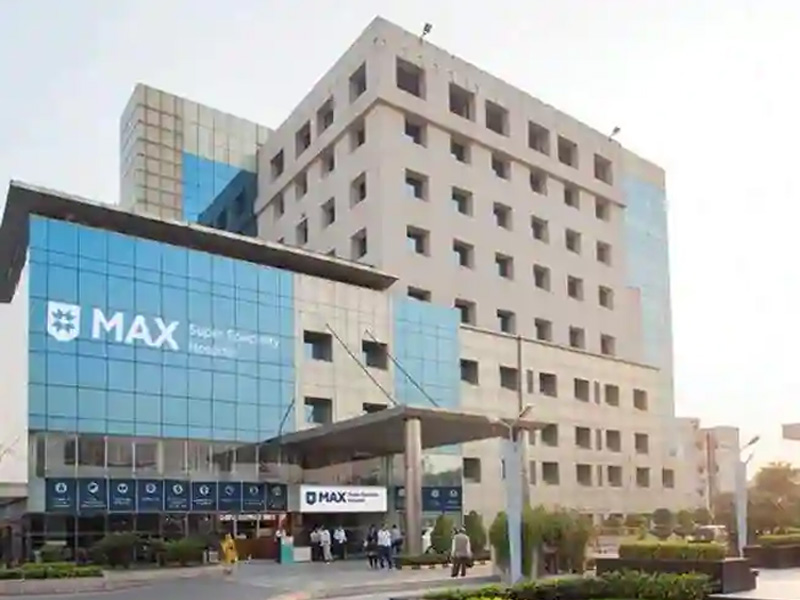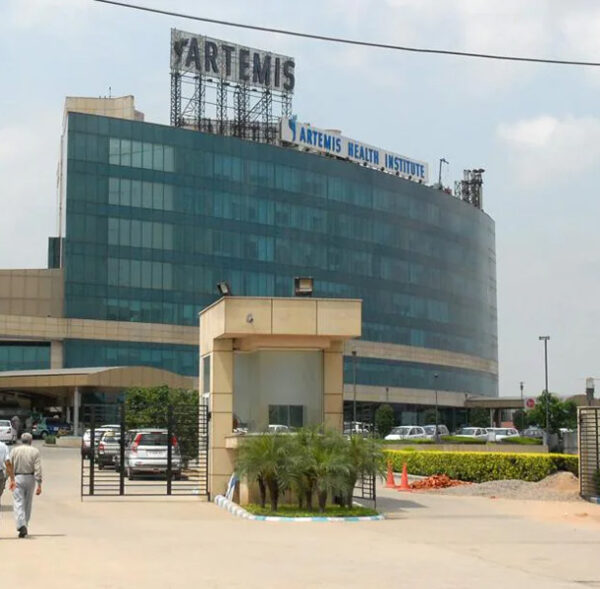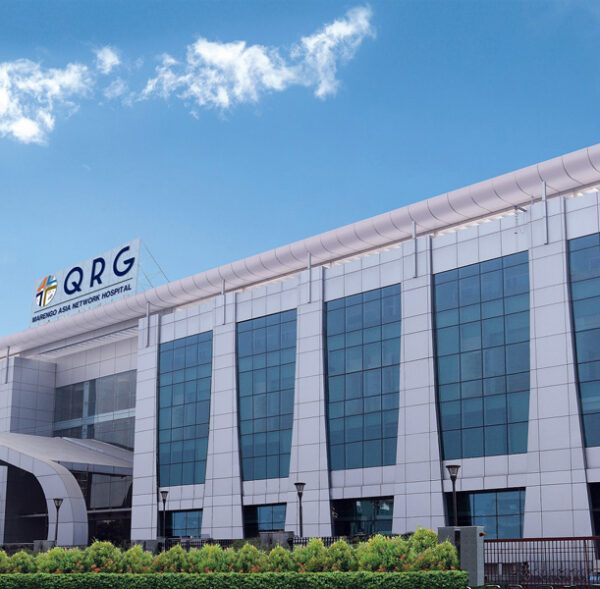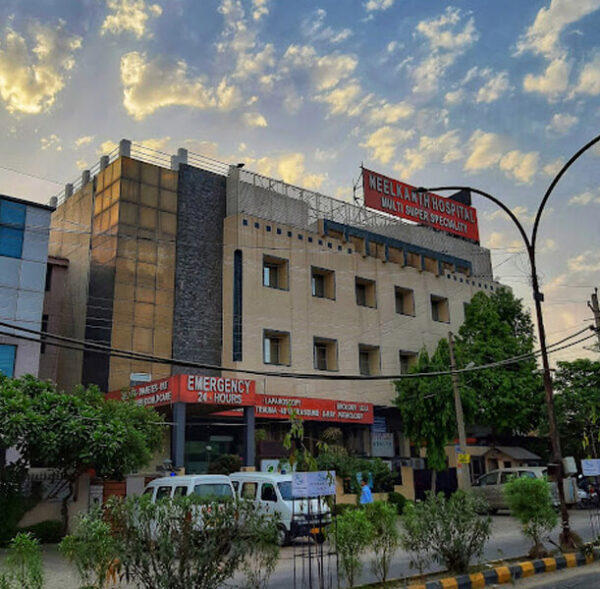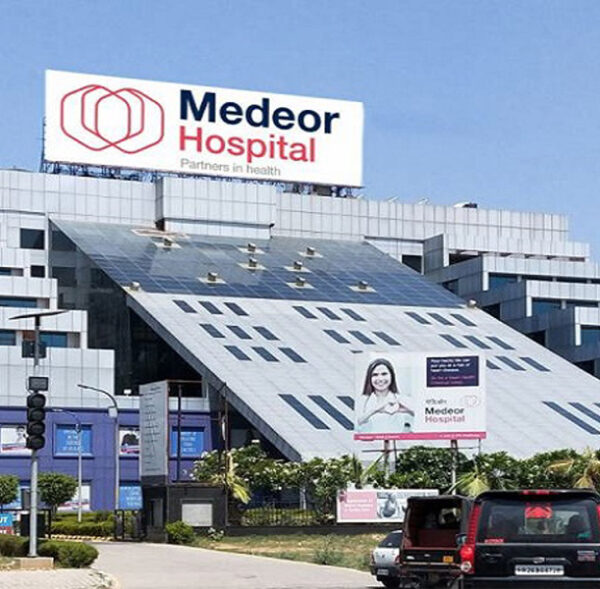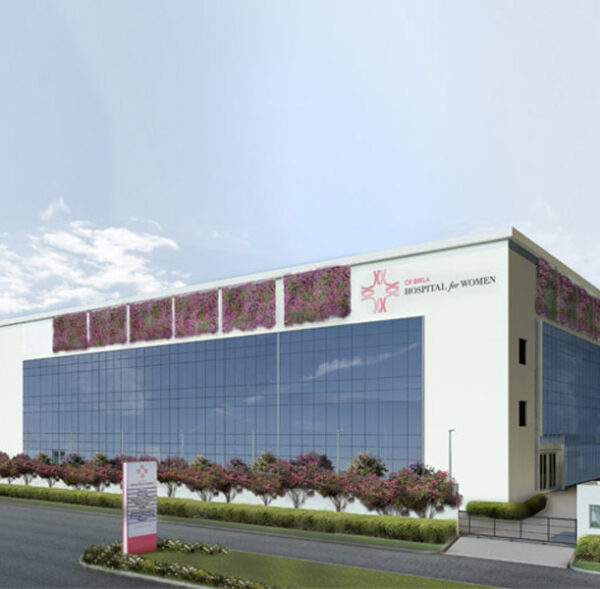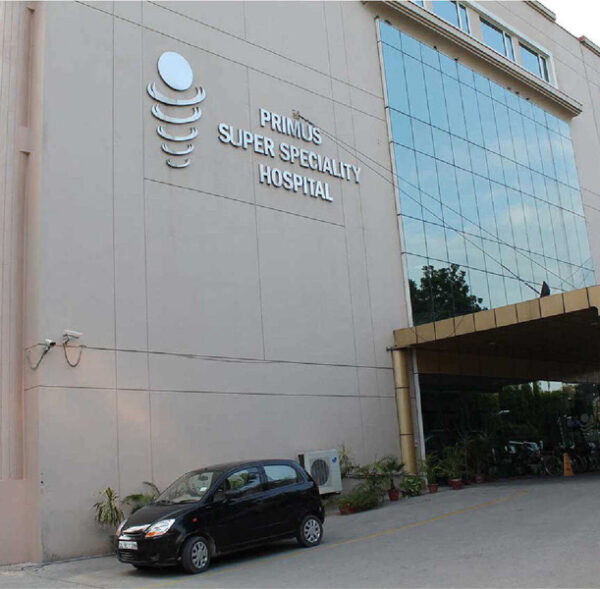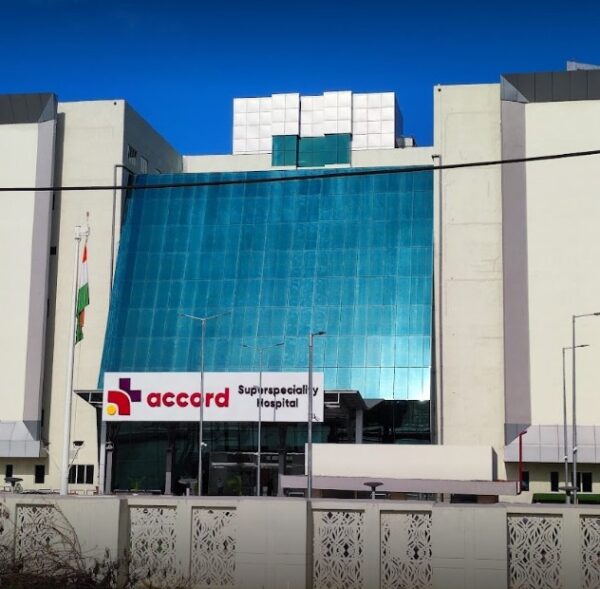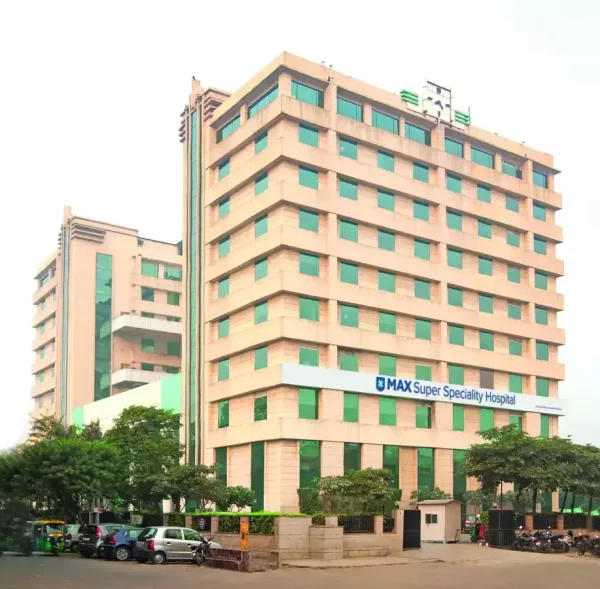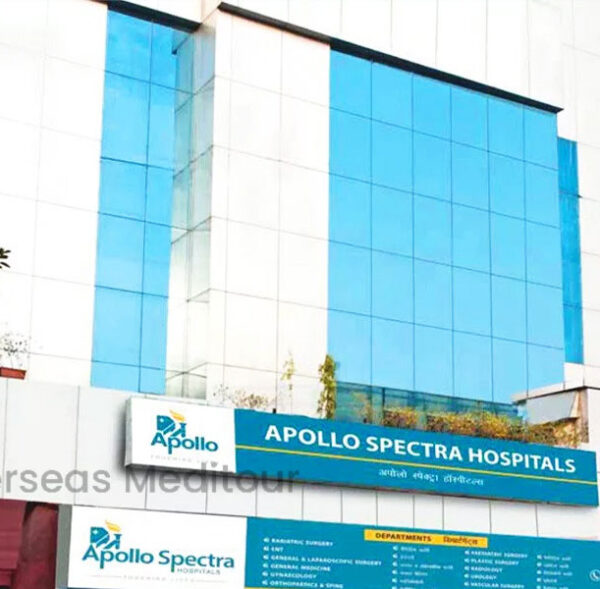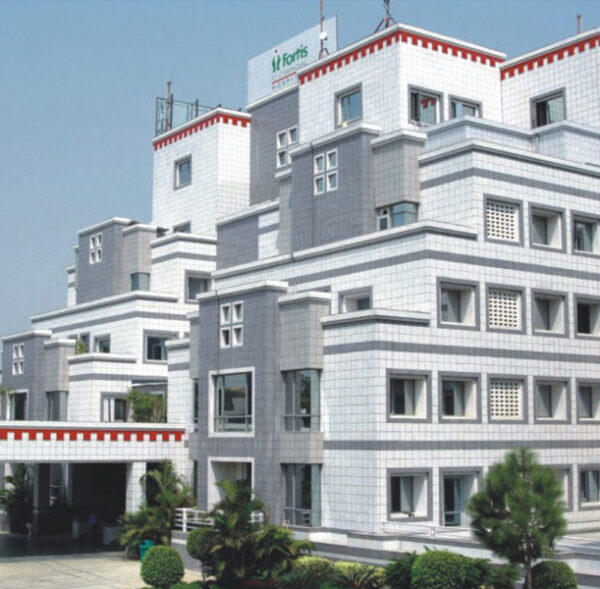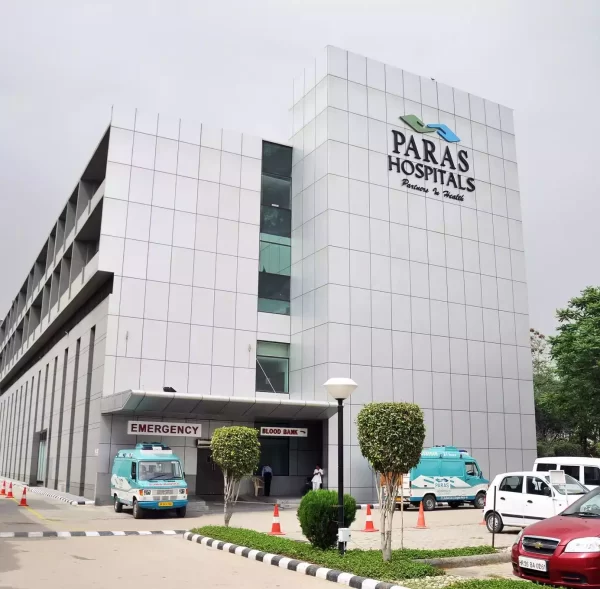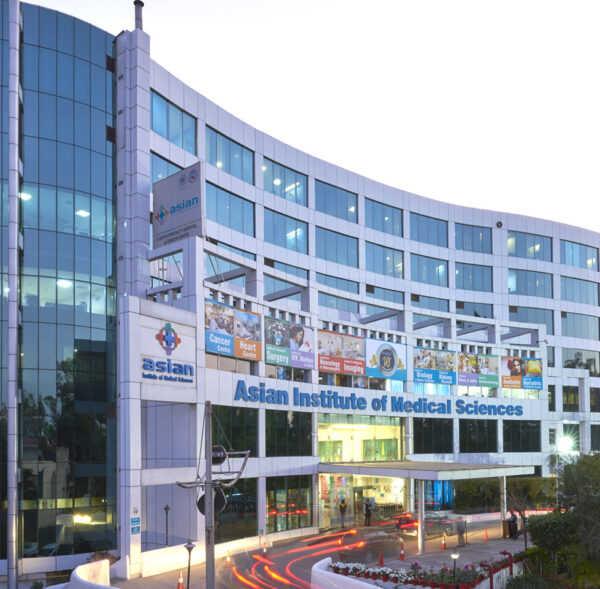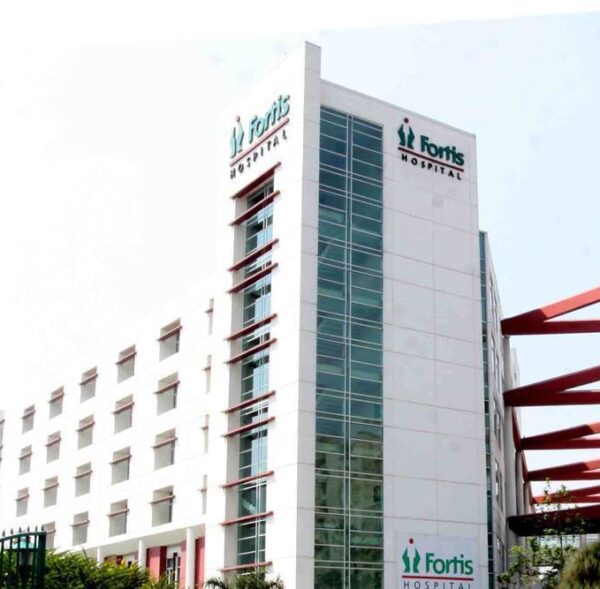Why Choose India for Cancer Treatment?
Through our partnerships with leading cancer
centers and hospitals in India, we ensure that our clients have access to state-of-the-art
facilities and advanced technology.
These facilities are equipped with cutting-edge diagnostic tools, including PET-CT scans,
molecular profiling, and genetic testing, allowing for accurate cancer staging, precise
treatment planning, and personalized therapies. Our associated hospitals maintain the
highest standards of quality and safety, ensuring a comfortable and conducive environment
for cancer treatment.
Major Types of Oncology
Oncology is divided into two primary branches based on the treatment approach: surgical
oncology and medical oncology. Each plays a critical role in managing different stages and
types
of cancer.
Surgical Oncology
Surgical oncology involves the surgical removal of cancerous tumors from the body. This is
often the first line of treatment when the tumor is localized and can be physically removed.
Medical Oncology
Medical oncology focuses on diagnosing cancer and devising treatment plans. This
branch
includes chemotherapy, radiation therapy, and other forms of systemic treatment designed to
target cancer cells throughout the body.
What is Surgical Oncology?
Surgical oncology is a specialized field where surgeons remove cancerous tumors or tissues
from the body. Surgery is often used when the cancer is in its early stages and has not
spread to
other parts of the body. In addition to tumor removal, surgical oncologists may also perform
procedures to assess the extent of the cancer, including biopsies and diagnostic surgeries.
Surgical Removal of Cancerous Tumors
The goal of surgical oncology is to eliminate as much of the cancerous tissue as
possible. In
cases where surgery is not curative, it may still be used to relieve symptoms and improve
quality of life, a practice known as palliative surgery.
What is Medical Oncology?
Medical oncology is focused on the diagnosis and comprehensive treatment of cancer using
non-surgical methods. A medical oncologist will assess the patient's cancer type and stage,
then
create a tailored treatment plan involving chemotherapy, radiation, or other therapies to
target
cancer cells.
Diagnosis and Treatment Planning
Medical oncologists use advanced diagnostic tools like imaging scans, blood tests, and
biopsies
to understand the cancer’s stage and spread. Once diagnosed, they prescribe treatments,
which may include a combination of chemotherapy, targeted therapy, or immunotherapy.
Chemotherapy and Radiation Therapy
Chemotherapy uses potent drugs to kill cancer cells or stop them from multiplying, while
radiation therapy uses high-energy waves to destroy cancerous cells in a targeted area.
These
treatments may be used alone or in combination, depending on the type and stage of cancer.
Specializations in Oncology
Cancer care is further divided into various subfields, each focusing on a specific type of
cancer
or body system.
Hematology Oncology
This branch deals with cancers of the blood, such as leukemia, lymphoma, and myeloma.
Hematologists work closely with oncologists to treat these conditions using chemotherapy,
targeted therapy, and stem cell transplants.
Neuro-Oncology
Neuro-oncology specializes in cancers of the brain and nervous system. Treatment in this
field
may involve surgery, radiation, and chemotherapy, depending on the tumor's location and
severity.
Gastric Oncology
Gastric oncology focuses on cancers of the digestive system, including the stomach, liver,
and
intestines. Treatment may involve a combination of surgery, radiation, and chemotherapy.
Thoracic Oncology
This field focuses on cancers affecting the chest area, including lung cancer and esophageal
cancer. Thoracic oncologists often collaborate with cardiothoracic surgeons to treat these
complex cancers.
Gynecology Oncology
Gynecology oncology deals with cancers of the female reproductive system, such as ovarian,
cervical, and uterine cancers. Treatment often includes surgery, chemotherapy, and
radiation.
Urology Oncology
This specialization focuses on cancers of the urinary tract and male
reproductive system,
including prostate, bladder, and kidney cancers. Urology oncologists may perform surgeries
like
prostatectomy or nephrectomy, depending on the cancer type.
Diagnostic Tools and Methods in Oncology
Accurate diagnosis is crucial in cancer care, and oncologists use a variety of tools to
detect and
assess cancer.
Imaging and Scanning
Advanced imaging techniques like MRI, CT scans, and PET scans help oncologists visualize
tumors and understand their size, location, and spread.
Biopsy and Laboratory Tests
A biopsy involves removing a sample of tissue from the suspected area and
examining it for
cancer cells. Blood tests can also detect specific markers that indicate cancer.
Benefits of Cancer Care in India
India offers numerous advantages for patients seeking cancer care, making it a leading
destination for oncology treatments.
Cost-Effectiveness
Cancer treatments in India are significantly more affordable than in Western countries, often
costing a fraction of the price without compromising quality.
Access to Skilled Oncologists and Advanced Treatments
India is home to some of the world’s most experienced oncologists, who use the latest
technologies and treatment methods to provide cutting-edge care.


